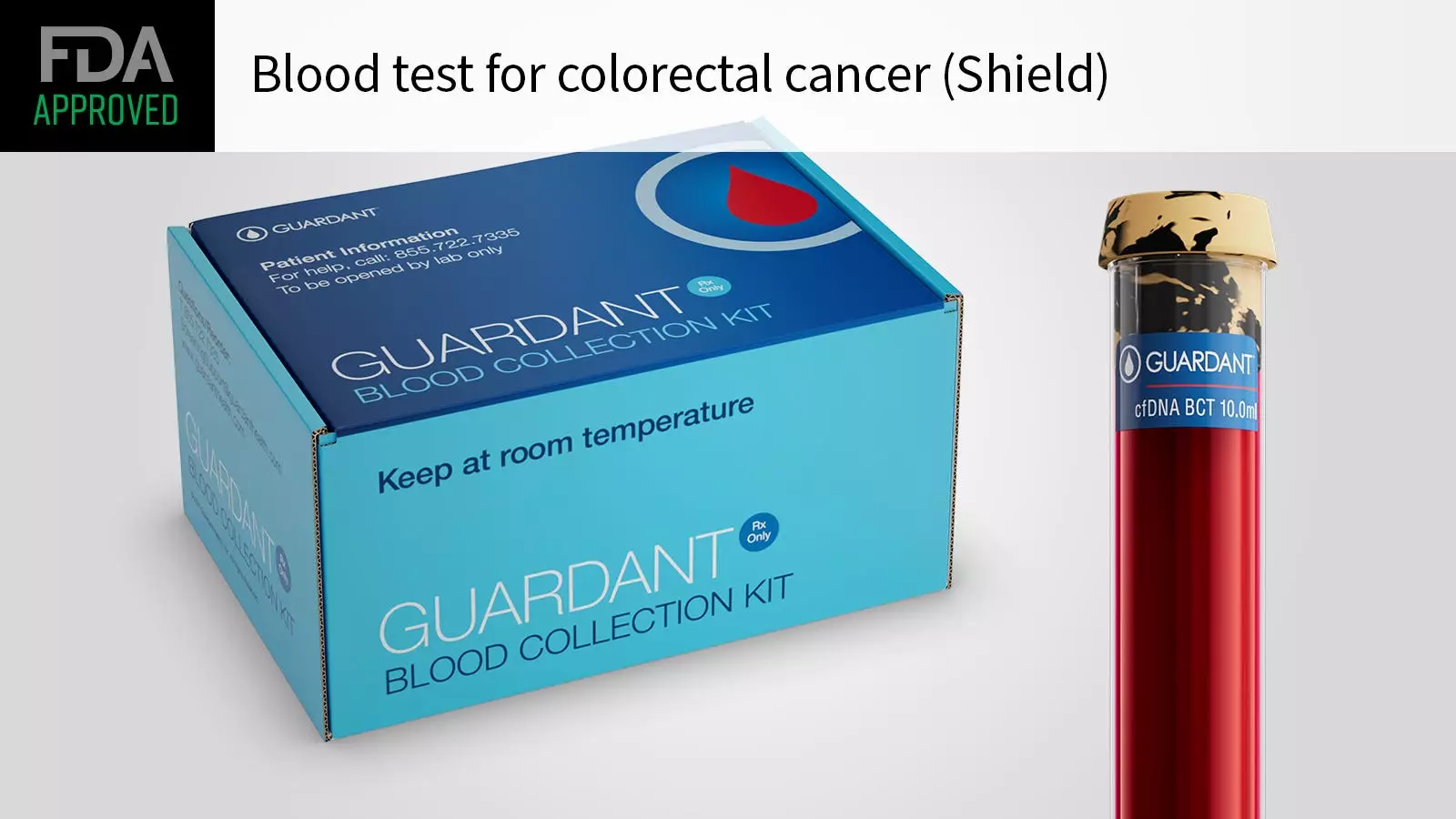The FDA recently approved the Shield blood test for colorectal cancer (CRC) screening in adults aged 45 and older. This approval makes Shield the first blood test to be approved as a primary screening option for CRC, offering a new solution for early detection.
While the Shield blood test has a sensitivity of 83% for CRC and a specificity of 90% for advanced neoplasia, there are concerns about its low sensitivity for advanced adenomas. The detection rate for stage I colorectal cancer is limited, at only 55%-65%, and it does not detect 87% of precancerous lesions. These limitations may impact its effectiveness as a screening tool.
Despite the availability of screening options, the CRC screening rate in the U.S. is only about 59%, falling well below the recommended goal of 80% for eligible individuals. This highlights the need for more accessible and appealing screening methods to encourage more people to undergo regular screenings.
Researchers involved in the ECLIPSE study, which evaluated the Shield blood test, believe that its approval is a significant step forward in closing the gap in CRC screening rates. The test offers a more convenient and accurate alternative to traditional screening methods, potentially encouraging more individuals to undergo early detection screenings.
The ECLIPSE study assessed the performance of the Shield blood test in adults aged 45 to 84 with an average risk for CRC. The test demonstrated a sensitivity of 88% for screening-relevant CRCs, with varying sensitivity rates for different stages of cancer. While the test was effective in detecting later-stage cancers, its sensitivity for advanced precancerous lesions was only 13%.
The approval of the Shield blood test by the FDA has significant implications for public health. By offering a less invasive and more convenient screening option, the test has the potential to increase screening rates and facilitate early detection of CRC. This, in turn, could lead to more lives being saved through timely intervention.
The Shield blood test is available by prescription for eligible individuals through healthcare professionals, and it is expected to be covered for eligible Medicare beneficiaries. This accessibility ensures that individuals at risk for CRC have access to this innovative screening method, increasing the likelihood of early detection and improved outcomes.
The FDA’s approval of the Shield blood test for CRC screening represents a significant advancement in the field of cancer detection. While the test has shown promising results in terms of sensitivity and specificity, concerns about its sensitivity for precancerous lesions remain. Overall, the availability of this new screening option has the potential to bridge the gap in CRC screening rates and improve outcomes for individuals at risk for colorectal cancer.

Leave a Reply